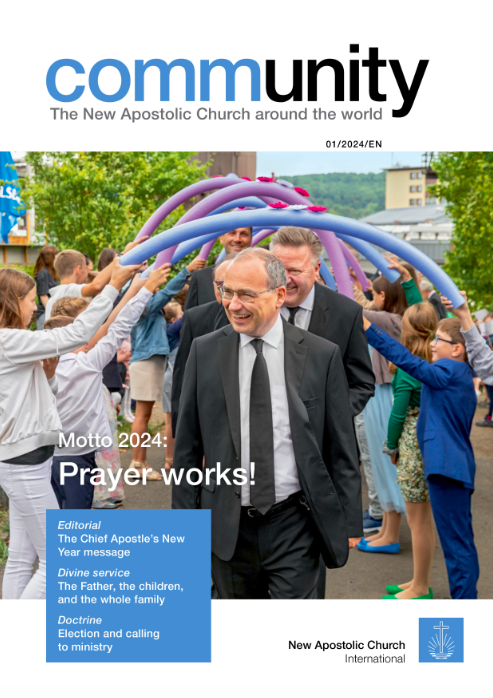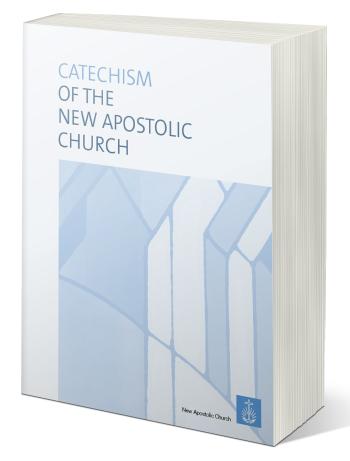Thoughts on the Bible Word
“Command those who are rich in this present age not to be haughty, nor to trust in uncertain riches but in the living God, who gives us richly all things to enjoy. Let them do good, that they be rich in good works, ready to give, willing to share.”
1 Timothy 6: 17–18
Introduction
The bible text for today’s devotional comes from the final chapter of the first letter of Timothy, which deals with the organisation of the congregation; the duties of the ministers and the behaviour of the members. The Christian congregation, at the time of the first century when this letter was written, was a mirror image of society of old in that it consisted not only of the poor; the deprived and slaves but also those who were rich and wealthy. The final chapter of the letter contains a number of exhortations, which include staying away from false doctrines; to practice true humbleness, and to intercede on behalf of the authorities before God.
Reminder to the rich
The wealthy members of the congregation are directly addressed both in our bible word and in verses 9 and 10. They are warned against making the pursuit of wealth the main goal in life: “But those who desire to be rich fall into temptation and a snare, and into many foolish and harmful lusts which drown men in destruction and perdition”. The unrestrained striving for possessions; the greed for luxury and for pleasure is addressed here with great clarity. The author of the letter does not turn against prosperity in itself, and a Christian who possesses material wealth doesn’t need not be ashamed of it, nor feel the need to hide it. His attitude should, however, be free of pride in the wealth he has either acquired, won or received.
Blessed is he who recognizes that all earthly things are transitory, that material wealth – like all earthly things – is perishable and temporal! Those who are rich are advised not to place their hope in material wealth, but to place their hope entirely in God. It is precisely the hope in God that creates a healthy relationship towards earthly wealth.
Being thankful for what we own
The letter makes it clear that God is the giver of all good gifts, and that prosperity can also be considered a good gift and be experienced as a blessing. If God grants His blessing and gives richly, then people may enjoy the good things with pleasure. After all, Jesus did not avoid the rich but instead visited them (Luke 19: 2–7). It was through this encounter with Jesus that they came to the understanding that they should return unlawfully acquired goods. The publican Zacchaeus said to Jesus: “look, Lord, I give half of my goods to the poor; and if I have taken anything from anyone by false accusation, I restore fourfold” (Luke 19: 8).
Those who are thankful and feel close to God, have the need to bring their offerings to Him. They do this not out of a sense of fulfilling a duty but out of a deep need and recognition that everything is thanks to God. At the same time, such a person does not ignore the suffering and needs of their neighbour, but instead they demonstrate generosity without self-consideration and give of what they have with joy. An example of this generosity is the support given to brothers and sisters in poorer areas through the offerings and donations, so they can also have what is necessary in both spiritual and material terms. God himself is generous, and we want to follow him in this respect too!
WG DSG 08/2020


